Why Pit Bulls Are The Most Controversial Breed In The United States

Pit bulls have long been at the center of heated debates across the United States. These dogs, known for their strength and loyalty, have captured both the hearts and fears of many.
While some advocate for their kindness and potential as family pets, others express concern over their aggressive reputation. This article explores the reasons why pit bulls remain one of the most contentious breeds.
1. Reputation For Aggression

Pit bulls are often associated with aggression due to highly publicized attacks. This reputation stems from historical use in dogfighting rings.
Despite these past associations, animal advocates argue that aggression is not inherent in the breed. Many pit bulls live peacefully with families across the country.
Understanding the individual dog’s background is crucial in assessing behavior rather than assuming aggression based on breed alone.
2. Media Influence

The media plays a significant role in shaping public perception of pit bulls. Sensational headlines about attacks grab attention and instill fear.
Conversely, stories highlighting pit bulls in positive roles, like therapy dogs, are less frequently shared. This imbalance contributes to a skewed understanding.
It’s essential to seek balanced information and consider personal experiences with pit bulls to counteract media biases.
3. Role In Dogfighting
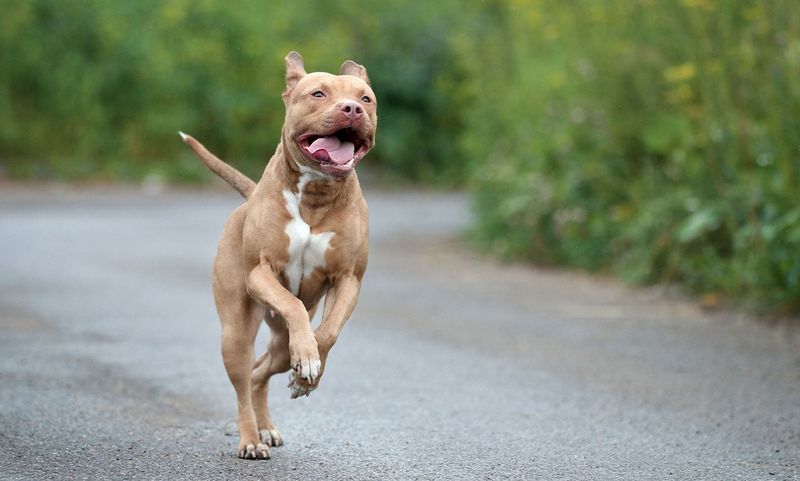
Pit bulls were historically bred for dogfighting, contributing to their controversial status. This role has left a legacy of mistrust.
Efforts to rescue and rehabilitate these dogs highlight the potential for change, emphasizing that environment shapes behavior.
Understanding this history can guide compassionate approaches to pit bull ownership and rescue.
4. Breed-Specific Legislation

Many U.S. cities have enacted breed-specific legislation (BSL) targeting pit bulls. These laws often ban or restrict ownership based on breed.
Proponents argue BSL enhances public safety, while opponents claim it punishes responsible owners and benign dogs.
Critics advocate for laws targeting specific behaviors rather than breeds, suggesting education and training to foster safer communities.
5. Misidentification Issues
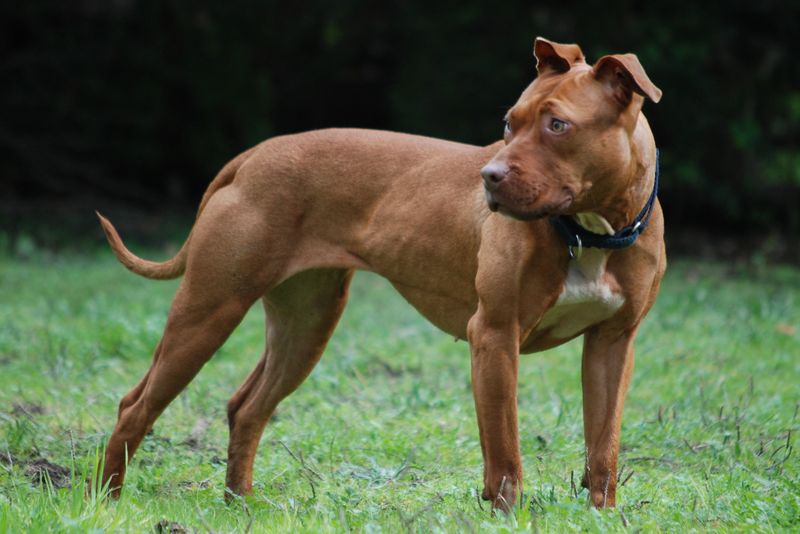
Pit bulls are frequently misidentified, complicating efforts to address breed-related issues. Many breeds share similar physical traits.
Misidentification can result in wrongful blame for incidents and complicate legislative measures. Promoting accurate identification and understanding of diverse dog breeds can help mitigate these issues.
6. Loyal Companions
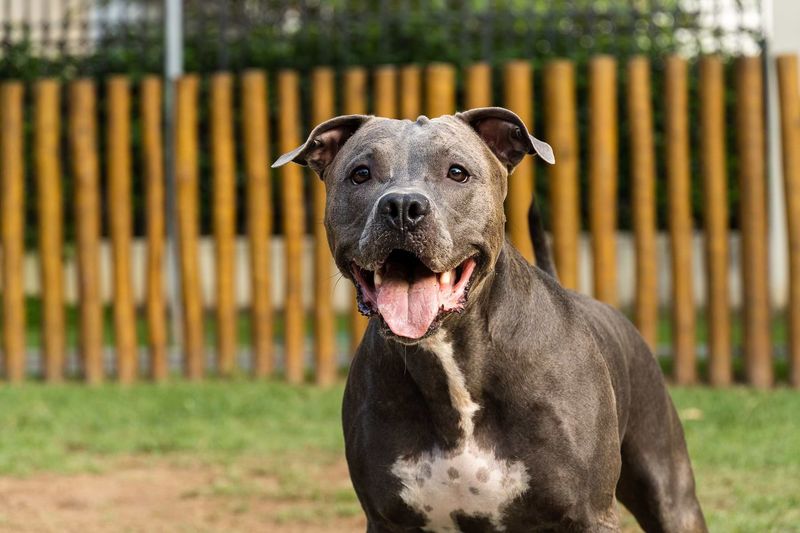
Despite their controversial reputation, many pit bulls are known for their loyalty and affection. Families often attest to their loving nature.
These dogs thrive in environments where they are treated with care and respect, showcasing their potential as dedicated companions. Highlighting positive stories of pit bulls as family pets can counteract negative stereotypes.
7. Training And Socialization Importance
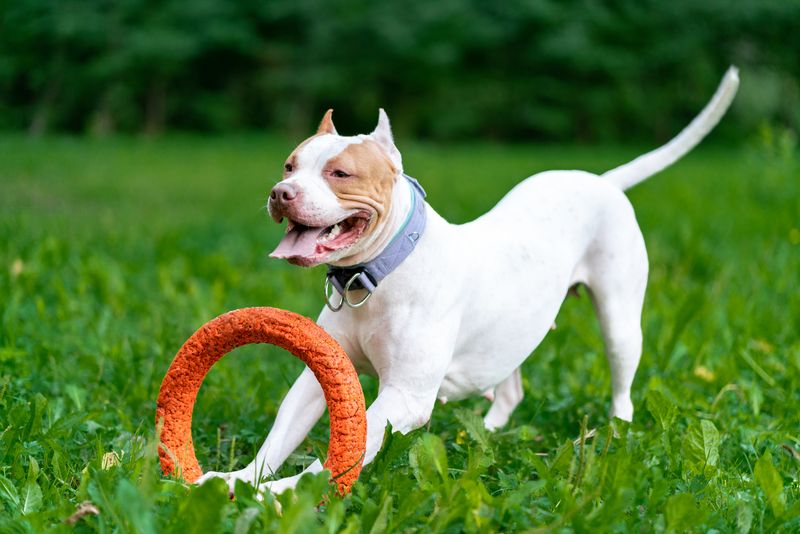
Training and socialization are vital for all dogs, but particularly for pit bulls due to preconceived notions of aggression. Proper training can help mitigate potential behavioral issues, fostering well-adjusted pets.
Encouraging responsible ownership through education can help improve the breed’s reputation and ensure safer communities.
8. Advocacy And Rescue Efforts
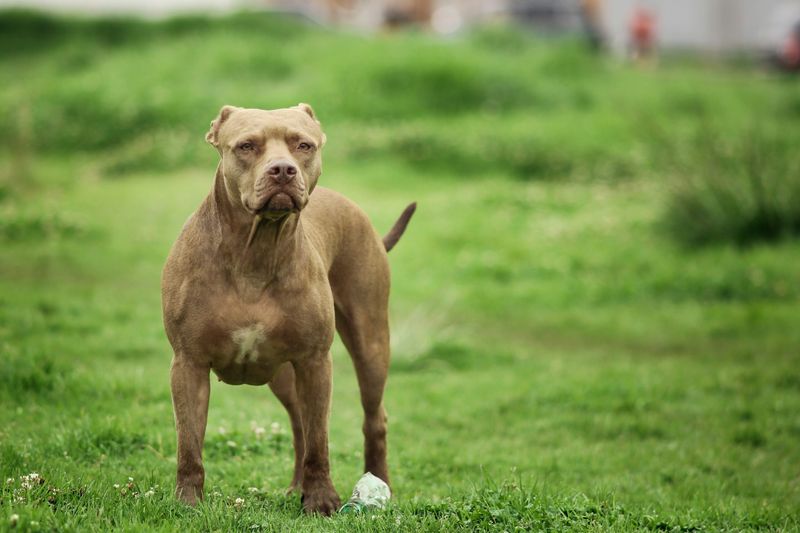
Numerous organizations advocate for pit bulls, focusing on rescue and rehabilitation. These groups aim to change public perceptions.
Rescue efforts emphasize that pit bulls can be loving, adoptable pets when given a chance. Volunteers work tirelessly to rehome and support these dogs.
Highlighting successful adoptions can inspire more people to consider pit bulls as pets, countering negative stereotypes.






